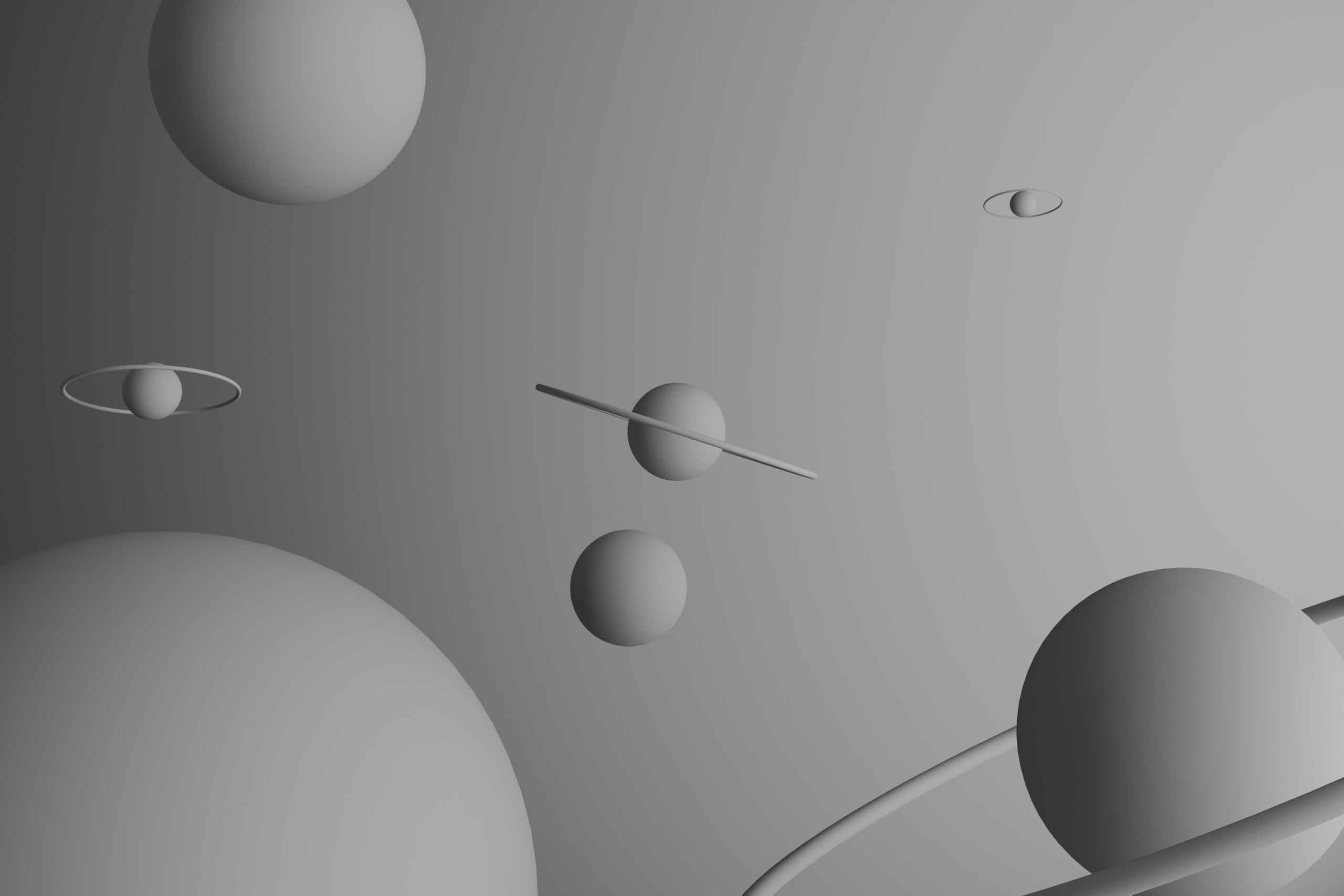| What is the difference between liberalism and conservatism? |
Liberalism is a political philosophy that emphasizes individual rights, liberty, free markets, and limited government intervention. Conservatism is a political philosophy that emphasizes traditional values, limited government, and free markets. |
| What are the three main components of the social contract theory? |
The three main components of the social contract theory are: 1) the mutual agreement between individuals to form a society in order to protect their rights and interests; 2) the creation of a government to enforce the terms of the social contract; and 3) the obligation of the citizens to obey the laws of the government. |
| What is the difference between utilitarianism and deontology? |
Utilitarianism is a moral philosophy that focuses on the greatest good for the greatest number of people. Deontology is a moral philosophy that emphasizes the importance of following a set of moral rules or duties regardless of the consequences. |
| What is the difference between direct democracy and representative democracy? |
Direct democracy is a system of government in which citizens directly participate in the decision-making process. Representative democracy is a system of government in which citizens elect representatives to make decisions on their behalf. |
| What is the difference between communism and socialism? |
Communism is an economic system that seeks to eliminate private property and promote collective ownership of the means of production. Socialism is an economic system that seeks to promote economic equality through the redistribution of wealth and the provision of social services. |
| What is the difference between anarchism and libertarianism? |
Anarchism is a political philosophy that advocates for the abolition of government and the establishment of a society based on voluntary cooperation. Libertarianism is a political philosophy that emphasizes individual liberty, free markets, and limited government intervention. |
| What is the difference between liberalism and libertarianism? |
Liberalism is a political philosophy that emphasizes individual rights, liberty, free markets, and limited government intervention. Libertarianism is a political philosophy that emphasizes individual liberty, free markets, and limited government intervention. |
| What is the difference between realism and idealism in international relations? |
Realism is a school of thought in international relations that emphasizes the importance of power and the pursuit of self-interest in international affairs. Idealism is a school of thought in international relations that emphasizes the importance of morality and cooperation in international affairs. |
| What is the difference between the rule of law and the rule of man? |
The rule of law is a principle of governance in which laws are applied equally to all citizens and are enforced by an independent judiciary. The rule of man is a system of governance in which laws are applied arbitrarily and are enforced by individuals in power. |
| What is the difference between utilitarianism and virtue ethics? |
Utilitarianism is a moral philosophy that focuses on the greatest good for the greatest number of people. Virtue ethics is a moral philosophy that emphasizes the importance of developing and following moral virtues. |
